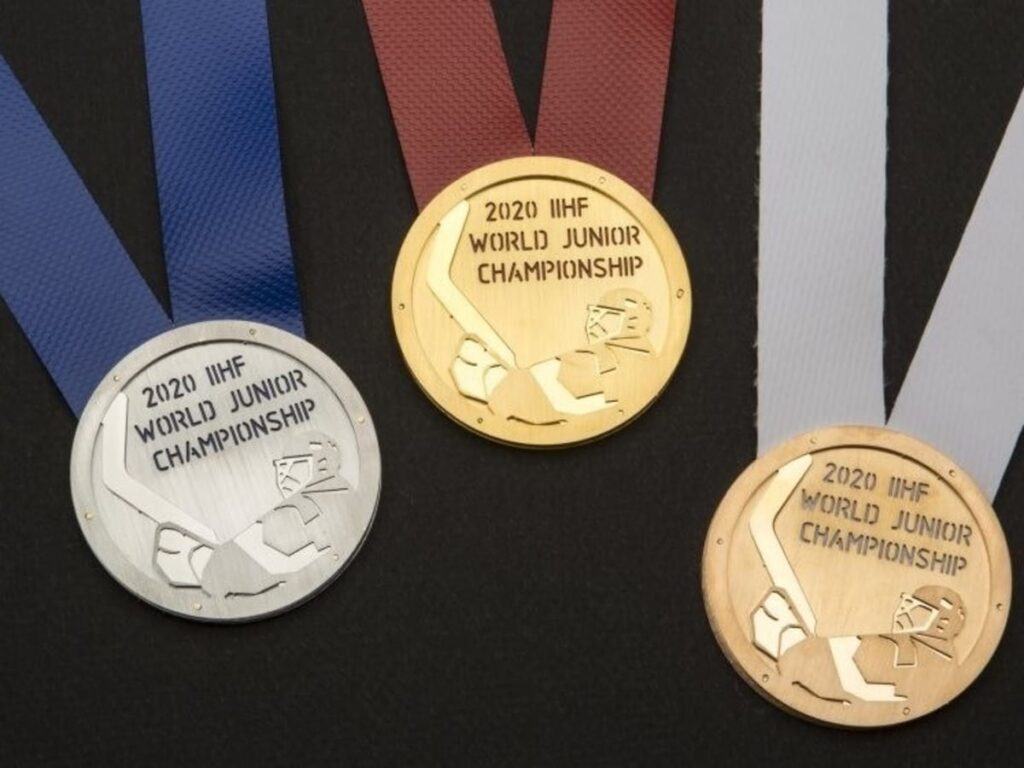The growing concerns surrounding doping and age fraud in sports have prompted significant measures from the Ministry of Sports in India. In a noteworthy decision, the government has announced that junior athletes who secure international medals will no longer receive cash rewards. This article will delve into the implications of this decision, the current state of doping and age fraud in Indian sports, and the potential ramifications for athletes moving forward.
Understanding Doping and Age Fraud in Sports
Doping refers to the use of banned substances or methods to enhance athletic performance, while age fraud pertains to the deliberate misrepresentation of an athlete’s age for competitive advantage. Both issues have plagued the sports sector in India and have raised serious ethical questions about the integrity of competitions.
Statistics and Impact of Doping in India
| Year | Reported Doping Cases | Major Sports Involved |
|---|---|---|
| 2019 | 51 | Athletics, Weightlifting |
| 2020 | 38 | Cycling, Bodybuilding |
| 2021 | 47 | Athletics, Wrestling |
The Rising Concern of Age Fraud
Age fraud is particularly prevalent in youth and junior sports, where age categories can drastically influence competition outcomes. Incidents of misreported ages have been reported across various sports, leading to significant disadvantages for honest competitors.
Implications of the Government’s Decision
By cutting off cash rewards for junior athletes who achieve international success, the government aims to discourage unethical practices such as doping and age fraud. The decision highlights the need for accountability and integrity in sports. However, it also raises a few concerns:
Potential Consequences for Young Athletes
- Reduced Incentives: The lack of cash prizes may diminish motivation among young athletes to compete fairly.
- Impact on Support Systems: A shift in financial support could affect training opportunities and resources for junior athletes.
- Long-term Effects on Career Growth: The removal of rewards could create a culture of distrust, impacting the athlete’s perception of their development path.
Next Steps for the Ministry of Sports
Moving forward, the Ministry of Sports needs to implement comprehensive educational programs that emphasize the importance of fair play. Initiatives could include:
- Workshops on the dangers of doping and the importance of ethical behavior in sports.
- Enhanced monitoring systems to prevent age fraud with rigorous age verification processes.
- Creating a supportive environment for athletes to thrive under ethical standards, offering alternative forms of recognition and support.
Conclusion
The Ministry of Sports’ decision to withhold cash prizes from junior athletes reflects a decisive step towards combating doping and age fraud in sports. While aimed at preserving the integrity of athletic competition, it also necessitates a reevaluation of how young talents are nurtured and supported. Addressing these issues will require collaborative efforts from various stakeholders, including government bodies, sports associations, and the athletes themselves to foster a cleaner and more equitable sporting environment in India.
